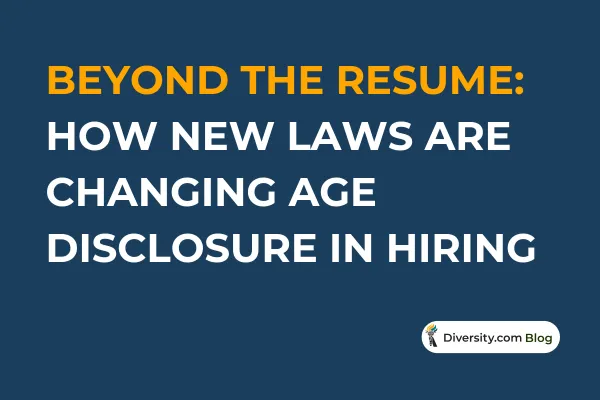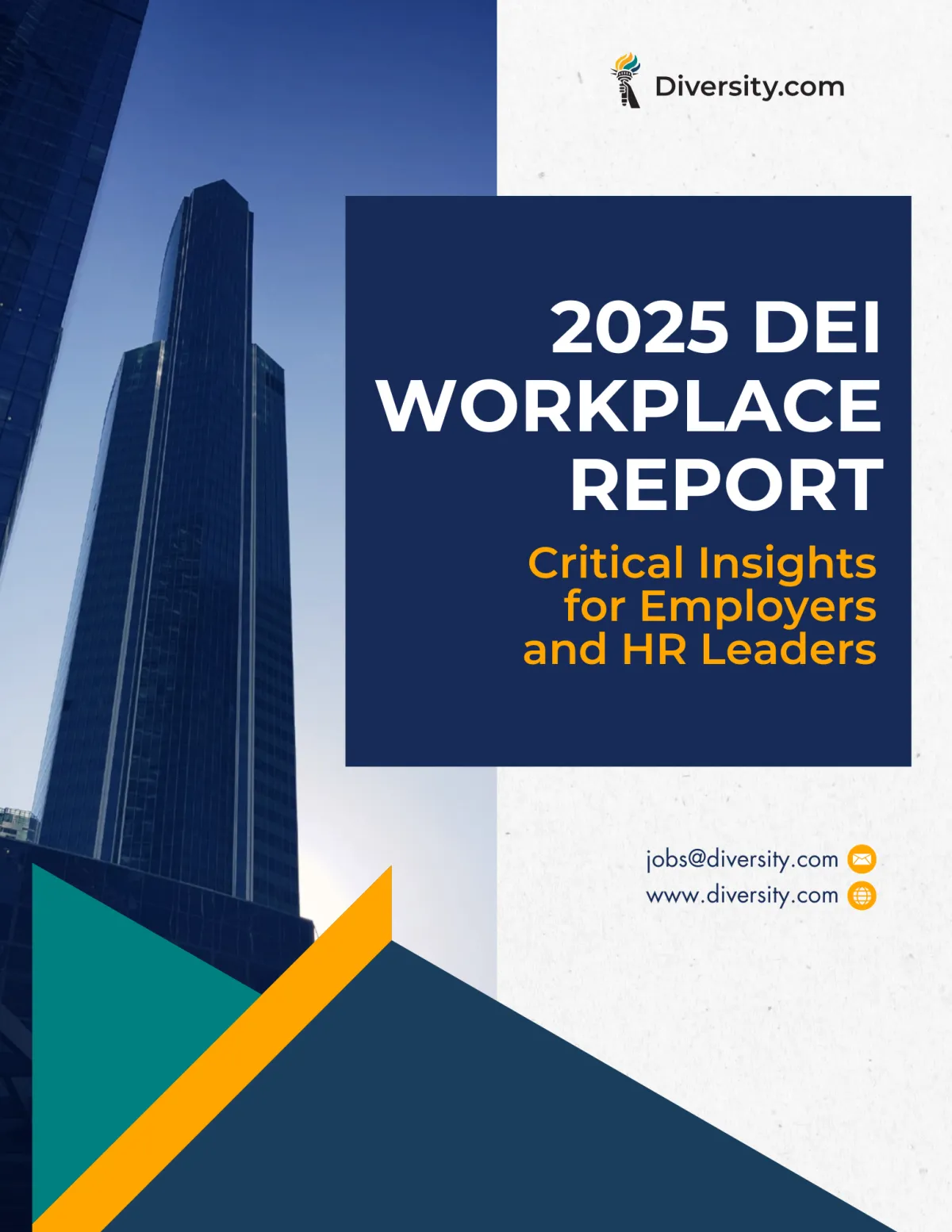
Beyond the Resume: How New Laws Are Changing Age Disclosure in Hiring
For years, job seekers have quietly wondered if their age is working against them.
Employers, often unintentionally, have collected birth dates, graduation years, and other age-identifying details during the application process. But in 2025, this status quo is facing a legal reckoning.
A wave of new legislation—led by Oregon’s pioneering law—signals a major shift in how age can (and cannot) influence hiring.
Whether you’re an employer, recruiter, or job seeker, here’s what these changes mean for your next search.
Oregon Leads the Way: What the New Law Means
In May 2025, Oregon passed House Bill 3187, making it illegal for employers to ask about an applicant’s age during the initial stages of the hiring process (Oregon Public Broadcasting, 2025).
This move, applauded by advocates for fair hiring, aims to reduce unconscious bias and ensure every candidate is evaluated on skills and experience, not stereotypes or assumptions.
Key Features of Oregon’s Law:
No Age Questions: Employers cannot request or require age, birth date, or graduation year information until a conditional offer is made.
Stronger Compliance Measures: Companies found in violation face penalties and potential civil claims.
Model for Other States: Oregon’s approach is already inspiring conversations in other legislatures, with advocates pushing for similar protections nationwide.
Why Age Disclosure Is a DEI Issue
Ageism is one of the most persistent—and least discussed—forms of bias in the workplace. When employers ask for age-identifying information up front, even with the best intentions, it can lead to:
Screening Out Older Applicants: Studies show that resumes indicating an applicant is over 50 are far less likely to be called for interviews (AARP, 2025).
Missed Opportunities: Employers risk overlooking candidates with valuable experience, perspective, and leadership potential.
Legal Risk: As more states follow Oregon’s lead, organizations that do not update their hiring practices may find themselves out of compliance—and out of favor with top talent.
What Employers Need to Do Now
If you hire, review, or design application processes, here are key steps to take:
Update Application Forms: Remove any questions about age, birth date, or graduation year unless absolutely required for background checks or legal reasons.
Train Your Team: Educate recruiters and hiring managers on the new laws and the importance of fair, bias-free evaluation.
Audit Your Systems: Make sure digital platforms, ATS, and screening tools are compliant and do not collect unnecessary personal data.
Focus on Skills and Results: Build interview and review processes that prioritize a candidate’s abilities and achievements over assumptions about age.
Tips for Job Seekers
Be Strategic With Dates: You are not required to disclose graduation years or age in your application unless legally necessary.
Highlight Relevant Skills: Focus your resume and cover letter on current, transferable skills, certifications, and results.
Know Your Rights: In Oregon (and potentially more states soon), it’s your right to keep age off your application until later stages.
Conclusion
The move to limit age disclosure in hiring isn’t just a legal shift—it’s a cultural one.
As new laws take hold, both employers and candidates have an opportunity to rethink what really matters in the search for talent: skill, experience, and the ability to contribute, regardless of age.
How Diversity.com Supports Inclusion and Safe Workplaces
At Diversity.com, we know true inclusion is more urgent than ever. Outdated systems and new legislation should never stand in the way of opportunity or safety.
We are committed to helping job seekers and employers connect in a space built on authenticity, respect, and real DEI leadership.
As the leading DEI job board, we provide the tools and resources you need to navigate today’s challenges and build a future where everyone belongs.
For Employers & HR Leaders:
✔ Post LGBTQ-Inclusive Job Listings — Reach a diverse, talented pool of candidates and show your commitment to workplace equality—even in challenging times.
✔ Access Up-to-Date DEI Resources — Get the latest guidance on responding to new state laws, updating your policies, and supporting all employees with confidence.
✔ Build a Resilient Community — Connect with other professionals facing similar challenges, share strategies, and lead the way on real inclusion.
For Job Seekers:
✔ Find Safe and Inclusive Employers — Explore organizations actively supporting inclusion, even as laws and climates shift.
✔ Strengthen Your Profile — Showcase your experiences and find employers who value diversity, equity, and your authentic self.
✔ Stay Informed & Empowered — Access timely articles and resources about your rights, workplace safety, and strategies for thriving—no matter where you work.
We believe every job search and every hire can help create safer, more inclusive workplaces.
Ready to take action? Start building with Diversity.com.
If you have any questions or need assistance, feel free to Contact Us Here. Our dedicated support team is ready to help!
Related Articles
Debunking the Myth: DEI Doesn’t Mean Lowering Hiring Standards
DEI Doesn’t Lower Hiring Standards. Here’s the Data That Proves It
Cultural Taxation in the Workplace: The Hidden Burden on Minority Employees
Tokenism at Work: How to Spot It and Replace It With Real Inclusion
The Rise of DEI Fatigue: Navigating the Challenges and Reaffirming Commitments
Microaggressions in the Workplace: Unpacking the Subtle Acts of Exclusion
Code-Switching in the Workplace: Navigating Identity and Professionalism
Sources & References
AARP. (2025). Fighting age discrimination in the workforce. https://www.aarp.org/politics-society/advocacy/info-2025/fighting-age-discrimination-in-workforce.html
Oregon Public Broadcasting. (2025). Oregon passes bill to reduce age discrimination in job applications. https://www.opb.org/article/2025/05/13/oregon-age-discrimination-job-applications-jobs-employees-employers-house-bill-3187-hb3187/

